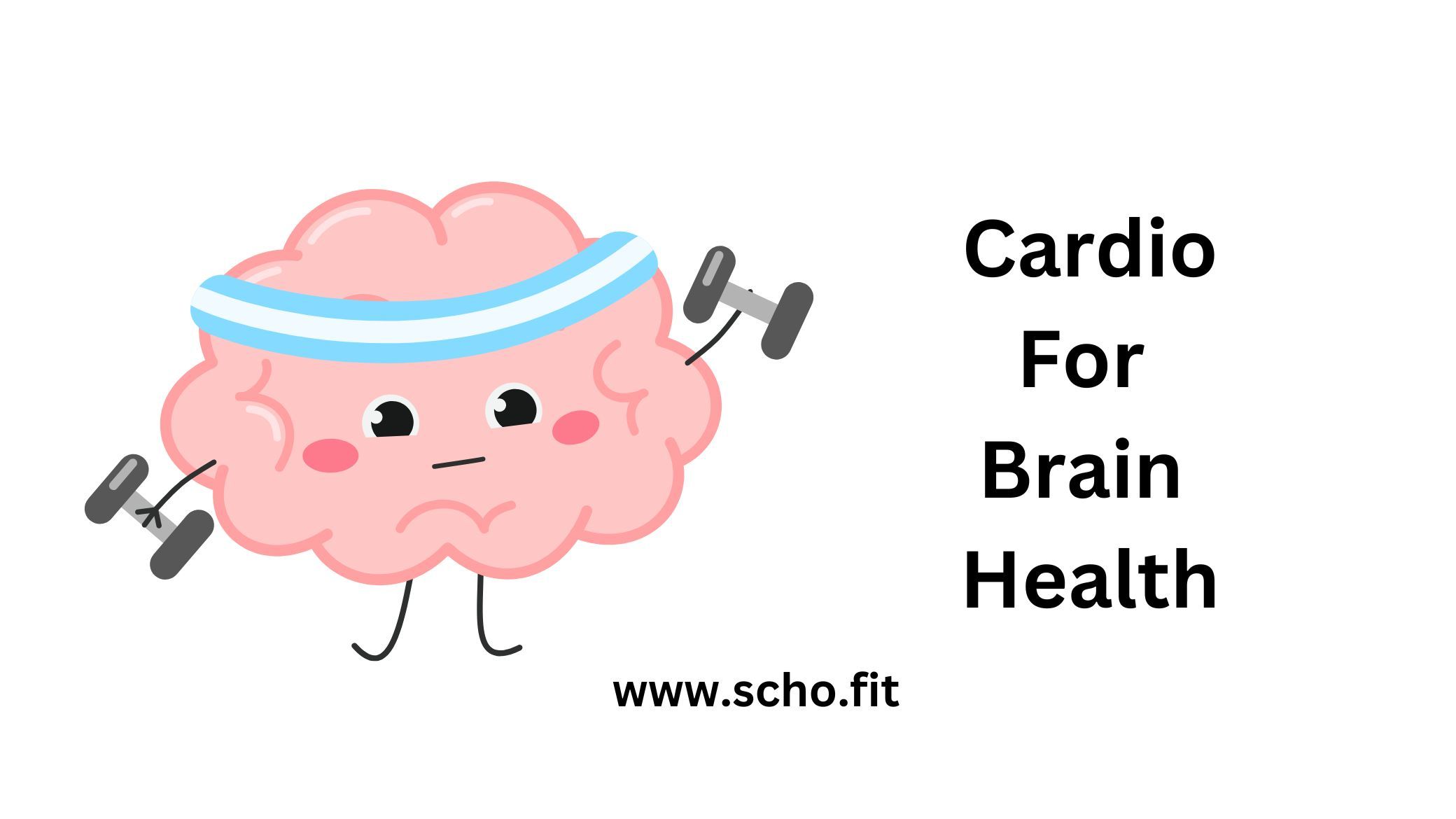
The Age-Defying Benefits of Cardiovascular Exercise on Brain Health
Jul 26, 2023The Age-Defying Benefits of Cardiovascular Exercise on Brain Health
Introduction
As we age, maintaining optimal brain health becomes increasingly important. The good news is that incorporating regular cardiovascular exercise into our daily routine can be a powerful tool in supporting cognitive function and overall brain health. Not only does cardiovascular exercise benefit our heart and body, but it also yields remarkable advantages for the brain as we age. In this blog post, we will explore the fascinating link between cardiovascular exercise and brain health, shedding light on the myriad benefits that can keep our minds sharp and agile throughout the years.
- Improved Blood Flow to the Brain
Cardiovascular exercise, such as running, cycling, or swimming, raises the heart rate, stimulating increased blood flow throughout the body, including the brain. This enhanced blood flow delivers vital nutrients and oxygen to brain cells, promoting their optimal function and nourishment. Regular cardiovascular exercise has been shown to improve cerebral blood flow, contributing to better cognitive performance and potentially reducing the risk of age-related cognitive decline.
- Enhanced Neuroplasticity
Neuroplasticity refers to the brain's ability to reorganize and form new neural connections throughout life. Cardiovascular exercise has been found to positively influence neuroplasticity, allowing the brain to adapt and learn more efficiently. This adaptability is crucial as we age, as it helps us retain and process information, making learning new skills and knowledge easier.
- Boosting Brain-Derived Neurotrophic Factor (BDNF)
Cardiovascular exercise triggers the release of Brain-Derived Neurotrophic Factor (BDNF), a protein that plays a vital role in supporting the growth and maintenance of nerve cells. Higher levels of BDNF have been linked to improved memory, enhanced cognitive function, and a reduced risk of neurodegenerative diseases such as Alzheimer's and dementia.
- Stress Reduction and Mood Enhancement
Regular cardiovascular exercise releases endorphins, the "feel-good" hormones, which can significantly reduce stress and anxiety levels. Chronic stress can adversely affect brain health and cognition over time, so incorporating cardiovascular exercise as a stress-relief technique can be incredibly beneficial. Furthermore, a positive mood resulting from exercise can contribute to better cognitive performance and emotional resilience.
- Mitigating Age-Related Brain Shrinkage
As we age, the brain naturally undergoes a degree of shrinkage, particularly in regions associated with memory and cognitive function. However, studies have shown that older adults who engage in regular cardiovascular exercise experience less brain volume loss than their sedentary counterparts. This preservation of brain volume is indicative of healthier brain aging and may contribute to maintaining cognitive function.
- Reducing the Risk of Cognitive Decline and Dementia
Engaging in consistent cardiovascular exercise has been associated with a lower risk of cognitive decline and age-related neurodegenerative diseases. Research suggests that staying physically active can delay the onset of cognitive decline and potentially reduce the risk of developing dementia later in life.
Conclusion
Incorporating cardiovascular exercise into our daily routine is not only beneficial for our physical health but also for maintaining a sharp and agile mind as we age. The numerous advantages of cardiovascular exercise on brain health, including improved blood flow, enhanced neuroplasticity, increased BDNF levels, stress reduction, and the mitigation of age-related brain shrinkage, are compelling reasons to lace up our sneakers and get moving.
As we age, it's never too late to start reaping the rewards of cardiovascular exercise for brain health. Whether it's brisk walking, jogging, dancing, or cycling, finding an enjoyable physical activity can be a fulfilling way to support our cognitive function and embrace the joys of a healthy brain throughout our lives. So, let's make cardiovascular exercise a cornerstone of our lifestyle, harnessing its age-defying potential and unlocking the door to a vibrant and resilient mind as we journey through the years.
Don't miss a beat!
New moves, motivation, and classes delivered to your inbox.
We hate SPAM. We will never sell your information, for any reason.
